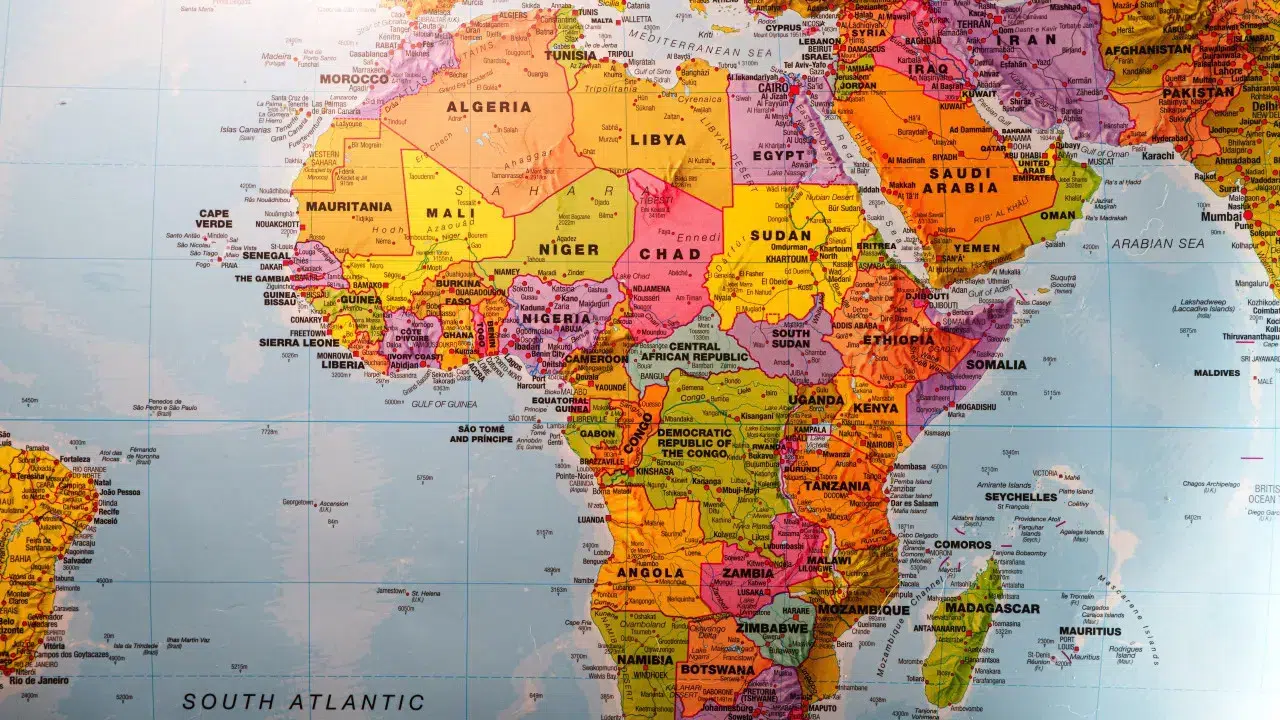
In comments regarding the 17th U.S.-Africa Business Summit held in June in Luanda, geopolitical analysts highlighted the growing struggle for influence between the U.S. and China in Africa, as China announced plans to drop tariffs on products from 53 African nations.
“This rivalry has increased the geopolitical significance of Southern Africa, positioning the region at the forefront of the global contest for natural resources,” noted analysts from the African division of this British consultancy firm.
Meanwhile, the U.S. is expanding its presence via the Minerals Security Partnership, directing investment funds toward infrastructure to counterbalance China’s dominance, particularly in areas such as the Lobito Corridor.
The analysts elaborate on the contrasting approaches of the two economic giants: “China has secured a significant footprint with long-term investments in roads, railways, and energy infrastructure,” whereas the U.S. has employed a “more focused and transactional” approach.
The Lobito Corridor offers an appealing alternative to current transportation routes, which require truck drivers to endure potholed roads and wait in lines over 50 kilometers long at customs points.
Spanning from Angola’s Lobito port to the Democratic Republic of the Congo, the corridor is operated by a European consortium consisting of Trafigura, Mota-Engil, and Vecturis under a 30-year concession with the Angolan government. It serves as a strategic artery for mineral exportation, boosting exports and agri-industry development.
The infrastructure comprises the Lobito port, the Benguela Railway (CFB), and logistic terminals along the over 1,300-kilometer railway, connecting Angola’s coast to the DRC, passing through the provinces of Benguela, Huambo, Bié, Moxico, and Eastern Moxico.
In June, on the sidelines of the U.S.-Africa summit, Angola’s Sovereign Wealth Fund (FSDEA) and Israeli businessman Haim Taib unveiled a platform aiming to raise $1 billion for projects along the Lobito Corridor, starting with an initial $100 million investment.
The Lobito Corridor Development and Investment Platform (LCID Platform) is set to function independently, accelerating investments in development catalyst sectors such as agriculture, infrastructure, healthcare, industry, education, and digital inclusion.
According to FSDEA President Armando Manuel, quoted in a company statement later in June, the Lobito Corridor is projected to reduce transport costs by up to 40% and increase intra-SADC trade by the same margin, potentially becoming one of Africa’s most strategic economic arteries.
The businessman further revealed advanced negotiations are underway to incorporate Zambia into the platform, thereby extending its reach beyond Angola and the DRC to eventually connect Mozambique’s Beira port on the Indian Ocean to the Atlantic, crossing Africa from east to west.




